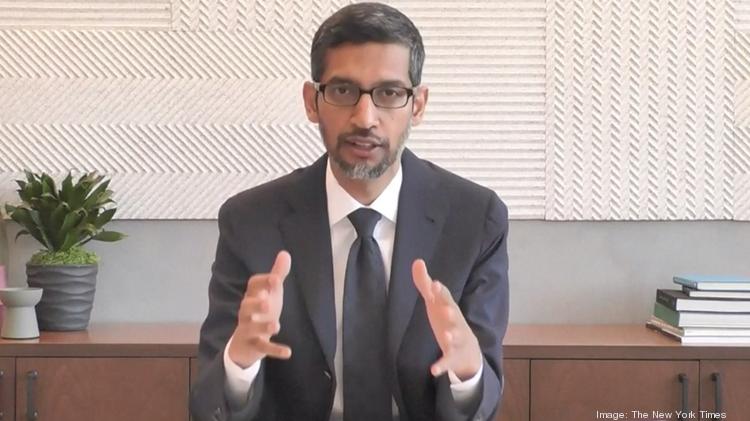Lyllah Ledesma
Tue, January 24, 2023

The District of Columbia Court of Appeals has set a date to begin hearing oral arguments in Grayscale Investment’s appeal of the Securities and Exchange Commission’s (SEC) decision to deny the conversion of the Grayscale Bitcoin Trust (GBTC) into an exchange-traded fund (ETF), according to a court order filed Monday, as reported by CNBC.
The arguments will take place at 9:30 a.m. ET on March 7, which is sooner than Grayscale had anticipated.
In a tweet on Tuesday, Grayscale said that “we previously anticipated oral arguments to be as soon as Q2 2023, so having them scheduled to begin on March 7 is welcome news.”
Separately, Grayscale CEO Michael Sonnenshein reiterated on CNBC on Tuesday that the company would consider making a tender offer to redeem shares of the trust if it runs out of options to convert the trust into an ETF.
“If we do exhaust all the judicial options to challenge the SEC stance on this product, we would entertain working constructively with regulators and shareholders to offer a tender offer,” Sonnenshein told CNBC.
Sonnenshein did not disclose details of the potential tender offer, but in a letter to shareholders in December Grayscale noted that one option is to tender an offer for up to 20% of outstanding GBTC shares.
Grayscale’s application to convert GBTC into an ETF was rejected by the SEC in June. Grayscale shortly thereafter filed suit against the SEC, arguing that the agency's logic for denying the application was “flawed” and “inconsistently applied.
GBTC shares have been trading at a discount to the price of the underlying asset, bitcoin, since February 2021. It is currently trading at a 41% discount, according to data from TradeBlock.
Grayscale is owned by Digital Currency Group, which also owns CoinDesk. Grayscale has been facing scrutiny over its financial health following the collapse of FTX as it attempts to raise capital. Genesis Global Capital, Grayscale’s sister company, filed for bankruptcy protection last week.



































